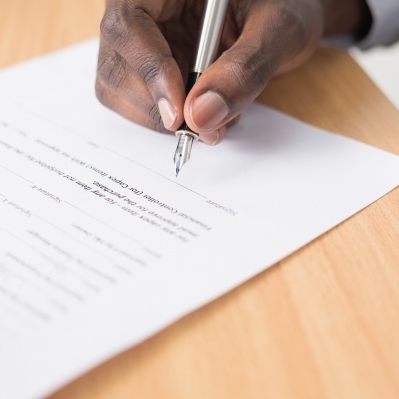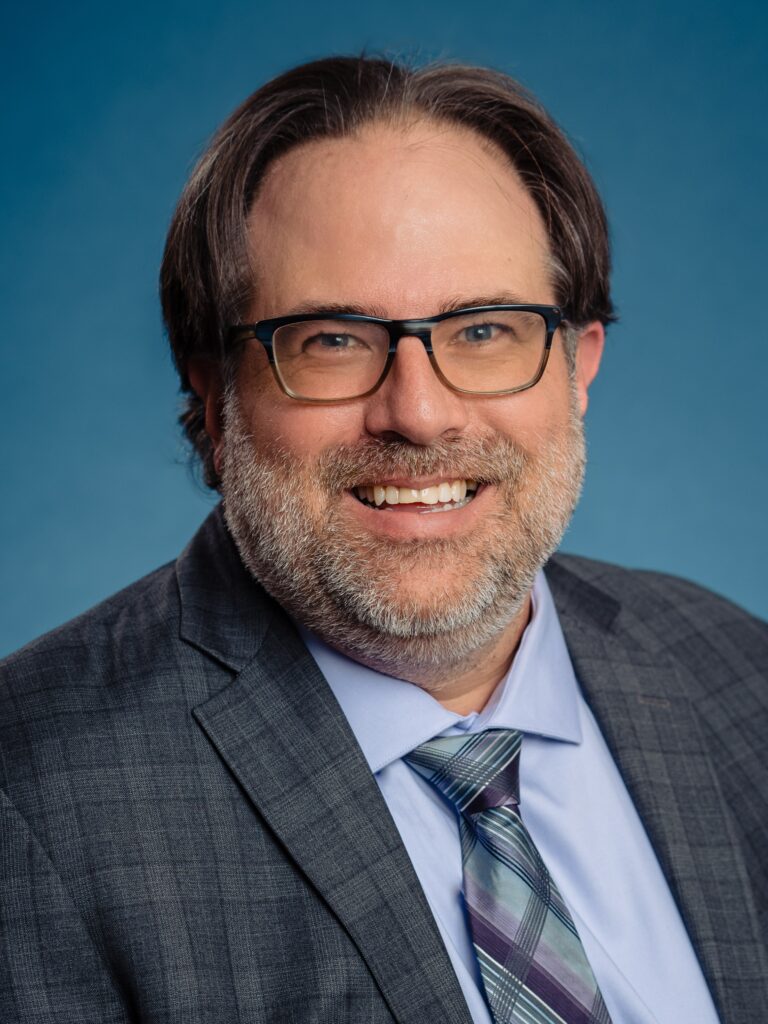Washington Case Law Update: Washington Legislature Expands Mandatory Civil Arbitration to $100,000 Claims
Washington Case Law Update: Washington Legislature Expands Mandatory Civil Arbitration to $100,000 Claims
From the desk of Kyle D. Riley: Currently, in Washington, civil cases with claims not exceeding $50,000 are subject to mandatory arbitration. However, Washington’s legislature recently passed a bill that increases the claim limit from $50,000 to $100,000. The bill was then signed by Washington’s Governor on March 13, 2018. Read on for a discussion on the new law that is set to govern civil cases filed in Washington on or after September 1, 2018.
Claims Pointer: Effective September 1, 2018, the new legislation on mandatory arbitration will have a sizable impact on Washington’s civil litigation process. Adjusters should be aware of the new law as it will result in a larger scope of cases being subject to mandatory arbitration.
HB 1128 contains numerous amendments and changes to existing laws. Two significant changes are that (1) claims up to $100,000 will be subject to Washington’s mandatory arbitration program, and (2) a request for a trial de novo appealing the arbitration award must be signed by the client. It is important to keep in mind that HB 1128 will only affect cases that are filed on or after September 1, 2018.
One of the more obvious consequences of the new arbitration rule is that the $100,000 claim limit will increase the number of cases subject to mandatory arbitration. There are several reasons why this change will be disadvantageous to defendant. First, arbitration awards, especially in King County and surrounding counties tend to be more generous than jury awards. One of the reasons that arbitration awards tend to vary from jury awards is that the evidentiary rules in arbitrations are much relaxed. Second, cases in arbitration move on an accelerated timeline with limited discovery and relaxed evidentiary rules. Parties can serve limited discovery requests and take depositions. Parties must file a motion with the arbitrator to issue interrogatories or to compel a medical examination. As a result, there is less time to prepare a defense and often the evidence presented at arbitration can catch opposing parties by surprise. Adjusters, defendants, and their counsel will need to work quickly and effectively in preparing their defense. Third, there will be more claims with potential excess exposure within the arbitration system. Policy limits in Washington can be as low as $25,000 per person. Thus, there may be many cases subject to the arbitration system under HB 1128 that expose the insured to a significant excess exposure.
While arbitrations can be appealed, if the ultimate jury verdict is less favorable than the arbitration award, then the appealing party will be subject to an award of reasonable attorney fees and expert costs incurred after the appeal. The award must be appealed within 20 days of its entry, or it becomes subject to a final judgment. HB 1128 creates a new obstacle to appealing awards, by requiring the client to sign the request for a trial de novo. This must be filed and served within 20 days, and a failure to obtain written client consent will thwart an effort to appeal the arbitration award. Thus, decisions on whether to appeal an award must be expedited and immediately discussed with the client. Furthermore, if the client has availability issues preventing them from signing the request, the ability to appeal the award may be significantly impaired.
View the Session Law for HB 1128 here: http://lawfilesext.leg.wa.gov/biennium/2017-18/Pdf/Bills/Session%20Laws/House/1128.SL.pdf
Case updates are intended to inform our clients and others about legal matters of current interest. They are not intended as legal advice. Readers should not act upon the information contained in this article without seeking professional counsel.
To email Kyle Riley, please click here.
To view the most recent Oregon Case Law Update: Patron Not Prohibited from Filing Third Party Complaint Against Alcohol Provider, please click here.

















